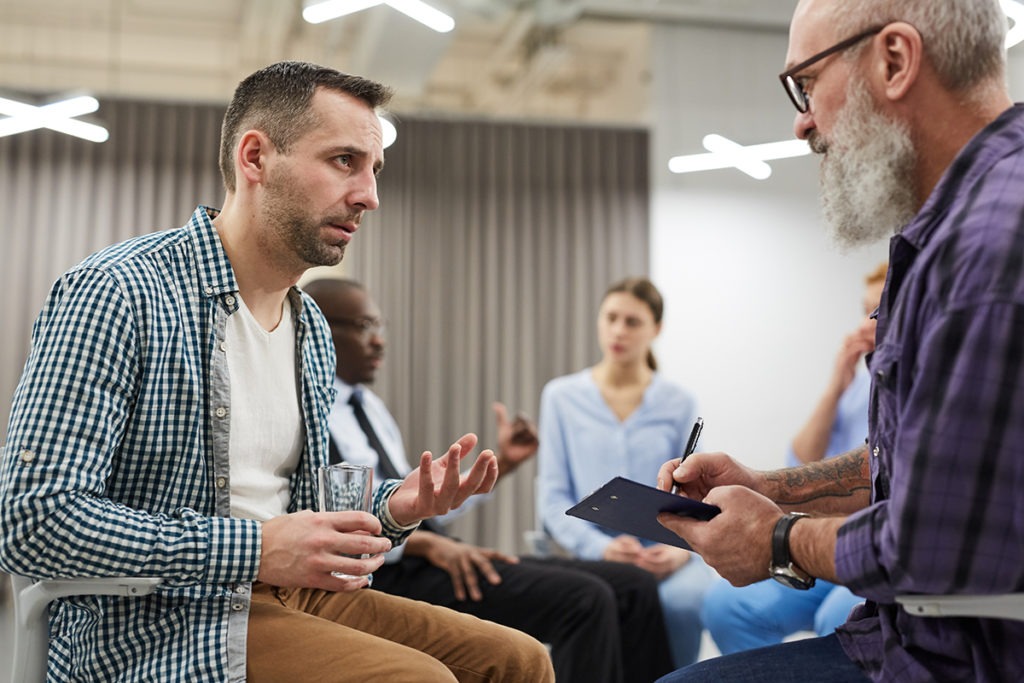While there is no cure for ADHD, there are treatments that can help manage the symptoms. One treatment option is medication. Medications for ADHD can help improve focus and concentration. They can also reduce hyperactivity and impulsiveness. However, there is some concern that ADHD meds may lead to addiction. This concern stems from how medications affect the brain similarly to how addictive drugs work.
It is essential to be aware of the potential risks associated with these medications. If your child is taking an ADHD medication, it is important to talk to their doctor about the risks and benefits of the medication. If you recognize the signs of substance abuse, it’s time to find your child help with a teen drug addiction treatment program like the ones a The Right Step. Call 17135283709 to learn more and to find a center in Texas near you.
Types of ADHD Meds
There are two classes of ADHD meds:
Stimulants
Stimulant medications are the most commonly prescribed type of medication for ADHD. They work by increasing levels of dopamine and norepinephrine in the brain. These chemicals are associated with attention and focus. Some examples of stimulant medications include:
- Adderall
- Concerta
- Ritalin
Non-Stimulants
Non-stimulant medications are not as commonly prescribed as stimulant medications. They work by affecting the chemicals in the brain that are associated with ADHD. Some examples of non-stimulant drugs include:
- Strattera
- Intuniv
- Kapvay
The concern about being addicted to ADHD medication comes from the fact that these medications can affect the brain in a way that is similar to how addictive drugs work. For example, stimulant medications increase levels of dopamine in the brain. Dopamine is a chemical associated with pleasure and reward. This interaction means that taking stimulant medication can cause someone to feel good. It can also lead to them wanting to take more of the drug to feel the same effects.
How to Spot ADHD Medication Abuse
There are some signs that may indicate that someone is abusing their ADHD medication. These include:
- Taking more of the medication than prescribed
- Crushing or snorting the medication
- Taking the medication without a prescription
- Stealing or buying the medication from others
- Doctor shopping to get multiple prescriptions
If you notice any of these signs, it’s important to talk to your child’s doctor. They can help you determine if there is a problem and how to best address it.
Signs of Being Addicted to ADHD Medication
When your child starts abusing their ADHD meds, they have already entered the cycle of addiction. It is vital to help them navigate their way out of it before they start displaying more advanced signs of addiction, like:
- Changes in sleep patterns
- Loss of interest in activities they used to enjoy
- Weight loss or gain
- Problems at school or work
- Irritability or mood swings
- Frequent lying
- Trouble with the law
- Financial problems
- Withdrawal symptoms when trying to stop taking the drug
If you notice any of these signs, it’s vital that you seek help for your child right away. The longer they stay in the cycle of addiction, the more difficult it will be to break free.
Helping Your Child Break the Cycle of ADHD Medication Addiction
If your child is addicted to their ADHD medication, there are steps you can take to help them. These steps include:
- Talk to your child’s doctor – It’s crucial that you talk to your child’s doctor about their addiction. They can help you understand the risks and benefits of the medication. They can also help you find a treatment program that will best meet your child’s needs.
- Find a treatment program – There are many different types of treatment programs available. It’s important that you find one that will best meet your child’s needs. The Right Step offers many different types of treatment programs, including inpatient and outpatient programs.
- Follow the treatment plan – Once you have found a treatment program, it’s important that you follow the treatment plan. This will help your child recover from their addiction and live a healthy life.
- Stay involved in your child’s recovery – It’s vital that you stay involved in your child’s recovery. This means attending family therapy sessions and support groups. It also means being there for your child when they need you.
- Help your child build a support system – A strong support system is essential for recovery. Help your child build a support system by connecting them with other families who have been through the same thing. You can also connect them with online support groups.
Teen Medication Addiction Treatment at The Right Step
If your child is addicted to their ADHD medication, it’s important that you seek help right away. The sooner you get help, the better. There are many different treatment options available. The Right Step can help you find the best treatment program for your child. With a variety of treatment programs—including inpatient, outpatient, and family therapy—your child can learn the skills to lead a sober life.
With locations across Texas, we can help you find a center near you. During treatment at one of our centers, your child may experience:
- Dual diagnosis treatment
- Aftercare planning
- Recreation activities
- Cognitive-behavioral therapy (CBT)
- Dialectical behavior therapy (DBT)
- Yoga or art therapy
There is no better time to find your child help. By breaking the cycle of addiction now, they can get back on track to a healthier, happier life. Call 17135283709 to get started today.






